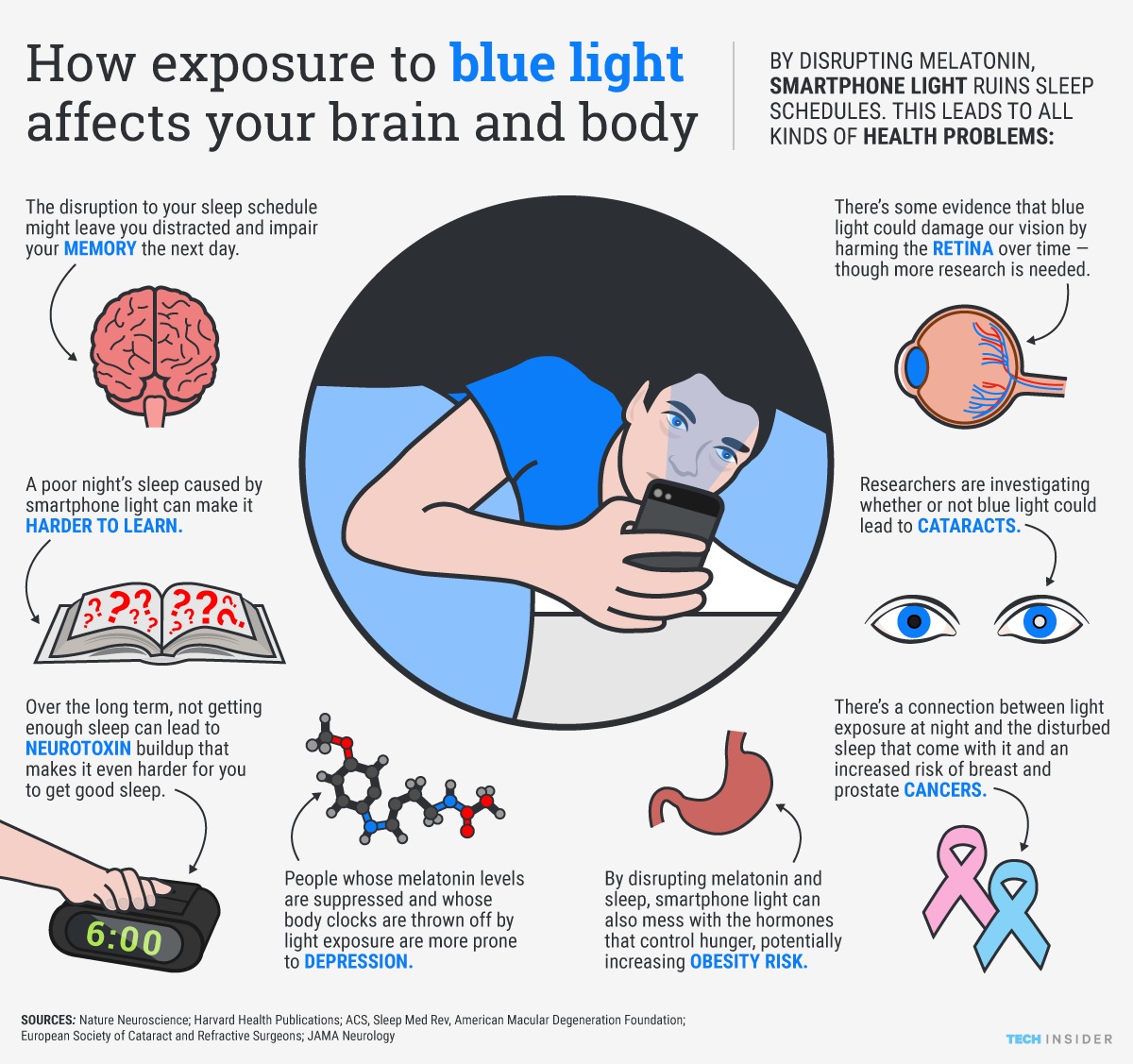Do you toss and turn at night, struggling to fall asleep or stay asleep? Well, the answer to your sleep routine woes might just be right outside your window. That’s right, we’re talking about natural light! But you might be wondering, does exposure to natural light impact sleep routines? Let’s dive into this fascinating topic and explore the connection between sunlight and a good night’s rest.
When it comes to our sleep patterns, our bodies have an internal clock known as the circadian rhythm. This internal clock helps regulate our sleep-wake cycle, telling us when it’s time to wind down and when it’s time to rise and shine. And guess what plays a crucial role in keeping our circadian rhythm in check? You got it, natural light! Sunlight exposure during the day helps synchronize our internal clock, making it easier for us to fall asleep at night and wake up refreshed in the morning. But that’s not all – natural light also affects the production of melatonin, a hormone that helps regulate sleep. So, by getting enough sunlight during the day, we’re not only boosting our mood and energy levels but also setting ourselves up for a better night’s sleep.
Now that we’ve uncovered the potential impact of exposure to natural light on sleep routines, let’s explore the specific ways in which sunlight can positively influence our sleep patterns. So, grab your shades and join us as we uncover the secrets to a well-rested night!
Does Exposure to Natural Light Impact Sleep Routines?
Exposure to natural light has a significant impact on our sleep routines. The human body has evolved to synchronize its internal clock, known as the circadian rhythm, with the natural light-dark cycle. This synchronization helps regulate various physiological processes, including sleep-wake cycles, hormone production, and overall well-being. However, with the advent of modern living and the widespread use of artificial lighting, our exposure to natural light has significantly decreased, affecting our sleep quality and overall health.
Natural light exposure during the day helps to regulate our internal clock and promote healthy sleep patterns. When our eyes are exposed to natural light, especially in the morning, it triggers the release of serotonin, a neurotransmitter that promotes wakefulness and alertness. This surge in serotonin tells our body that it is daytime and helps to set our circadian rhythm. Additionally, exposure to natural light also suppresses the production of melatonin, a hormone that makes us feel sleepy. By regulating the release of these hormones, natural light helps us stay awake and alert during the day and promotes restful sleep at night.
The Impact of Artificial Light on Sleep
In today’s modern world, we are surrounded by artificial light sources, such as fluorescent bulbs, LED lights, and electronic devices with screens. These artificial lights emit a higher concentration of blue light, which can disrupt our sleep-wake cycles. Blue light suppresses the production of melatonin, making it harder for us to fall asleep and stay asleep. The exposure to artificial light in the evening can confuse our internal clock, signaling that it is still daytime and delaying the onset of sleep.
Studies have shown that excessive exposure to artificial light, especially in the evening, can lead to various sleep-related issues, such as insomnia, difficulty falling asleep, and disrupted sleep patterns. The blue light emitted by electronic devices, such as smartphones and tablets, can be particularly problematic, as it can interfere with the production of melatonin and delay the onset of sleep. The constant exposure to artificial light can disrupt our circadian rhythm and throw our sleep routines out of balance.
The Benefits of Natural Light on Sleep
On the other hand, exposure to natural light can have numerous benefits for our sleep routines. Natural light provides a full spectrum of light, including blue light, which helps regulate our internal clock. Regular exposure to natural light during the day can help improve our sleep quality, increase alertness, and reduce the risk of sleep disorders. It promotes the production of melatonin at the right time, allowing us to fall asleep faster and have more restful sleep.
Furthermore, natural light exposure has been linked to better mood and overall well-being. Sunlight triggers the release of endorphins, also known as the “feel-good” hormones, which can improve our mood and reduce symptoms of depression and anxiety. By incorporating natural light into our daily routine, such as going for a walk outside or sitting near a window, we can enhance our sleep quality, boost our mood, and improve our overall sleep routines.
Tips for Optimizing Natural Light Exposure
If you want to optimize your natural light exposure and improve your sleep routines, here are some tips:
- Start your day with natural light exposure by opening your curtains or going outside for a few minutes.
- Take regular breaks throughout the day to go outside and soak up some sunlight.
- Arrange your workspace near a window to maximize natural light exposure.
- Avoid excessive exposure to artificial light, especially in the evening. Use dimmer lights or warm-colored bulbs instead.
- Avoid using electronic devices with screens at least an hour before bedtime to minimize exposure to blue light.
By incorporating these habits into your daily routine, you can optimize your natural light exposure, regulate your circadian rhythm, and improve your sleep routines.
Conclusion
Exposure to natural light plays a crucial role in regulating our sleep routines. It helps synchronize our internal clock, promotes the production of wakefulness hormones during the day, and enhances the production of sleep hormones at night. On the other hand, excessive exposure to artificial light, especially blue light emitted by electronic devices, can disrupt our sleep-wake cycles and lead to sleep-related issues. By prioritizing natural light exposure and minimizing exposure to artificial light, we can optimize our sleep routines and improve our overall well-being.
Key Takeaways:
- Natural light exposure can help regulate our sleep-wake cycle.
- Exposure to natural light during the day can improve the quality of our sleep at night.
- Getting sunlight in the morning can help us feel more alert and awake during the day.
- Limiting exposure to artificial light, especially before bed, can improve sleep patterns.
- Creating a sleep-friendly environment with natural light can promote better sleep routines.
Frequently Asked Questions:
How does exposure to natural light affect sleep routines?
Exposure to natural light plays a crucial role in regulating our sleep-wake cycles, also known as circadian rhythms. When we are exposed to natural light during the day, particularly in the morning, it helps signal to our bodies that it is time to be awake and alert. This exposure to light helps suppress the production of melatonin, a hormone that promotes sleepiness, and increases the production of serotonin, a neurotransmitter that promotes wakefulness.
On the other hand, limited exposure to natural light, especially in the evening or at night, can disrupt our sleep routines. This is because exposure to artificial light, such as from electronic devices or indoor lighting, can interfere with the body’s natural production of melatonin, making it harder to fall asleep and stay asleep. It’s important to prioritize natural light exposure during the day and limit exposure to artificial light in the evening to maintain a healthy sleep routine.
What are the benefits of natural light exposure for sleep?
Natural light exposure has several benefits for sleep. Firstly, it helps to regulate our circadian rhythms, ensuring that our sleep-wake cycles are aligned with the natural light-dark cycle. This can help improve the quality of our sleep and make it easier to fall asleep and wake up at the desired times.
Additionally, exposure to natural light during the day can help boost mood and energy levels, leading to increased alertness and productivity during waking hours. It has also been found to have a positive impact on overall mental health and well-being, reducing symptoms of depression and anxiety.
How much natural light exposure is needed for optimal sleep?
The amount of natural light exposure needed for optimal sleep can vary depending on factors such as age, individual sensitivity to light, and lifestyle. However, experts generally recommend getting at least 30 minutes to 2 hours of natural light exposure during the day, particularly in the morning.
This can be achieved by spending time outdoors, opening curtains or blinds to let in natural light, or even using light therapy devices that mimic natural sunlight. It’s important to note that the timing of natural light exposure is also crucial, with morning exposure being more beneficial for regulating sleep-wake cycles compared to evening or nighttime exposure.
What are some tips for incorporating natural light into a sleep routine?
There are several ways to incorporate natural light into your sleep routine. Firstly, aim to spend time outdoors or near windows during the day to maximize your exposure to natural light. You can also adjust your sleep environment by opening curtains or blinds to allow natural light into your bedroom in the morning.
If you have trouble getting enough natural light exposure due to work or lifestyle constraints, consider using light therapy devices that emit bright, natural light. These devices can be used in the morning to simulate natural sunlight and help regulate your circadian rhythms.
Can exposure to natural light help with sleep disorders?
Exposure to natural light can be beneficial for individuals with sleep disorders. For example, individuals with insomnia may benefit from natural light exposure during the day to help regulate their sleep-wake cycles and improve sleep quality.
In addition, individuals with certain types of circadian rhythm sleep disorders, such as delayed sleep phase disorder, may benefit from strategically timed exposure to natural light to help shift their sleep schedule to a more desired time. However, it’s important to consult with a healthcare professional or sleep specialist for personalized recommendations and treatment options for sleep disorders.
How Light Exposure Affects Your Sleep Schedule
Final Summary: The Impact of Natural Light on Sleep Routines
As we wrap up our exploration of the impact of natural light on sleep routines, it is clear that exposure to sunlight plays a crucial role in regulating our internal body clock and promoting healthy sleep patterns. From our discussion, it is evident that natural light exposure during the day helps to synchronize our circadian rhythm, signaling our body to be awake and alert. This allows for a more restful and rejuvenating sleep at night.
Furthermore, we have learned that the absence of natural light, especially in environments with limited access to daylight, can disrupt our sleep-wake cycle and lead to various sleep disorders. This highlights the importance of incorporating natural light into our daily routines and environments, whether it be through spending time outdoors, opening curtains, or utilizing light therapy devices.
In conclusion, optimizing our exposure to natural light can positively impact our sleep routines and overall well-being. By harnessing the power of sunlight, we can improve the quality and duration of our sleep, leading to increased energy, improved mood, and better overall health. So, let’s embrace the benefits of natural light and let it guide us towards a good night’s sleep.




